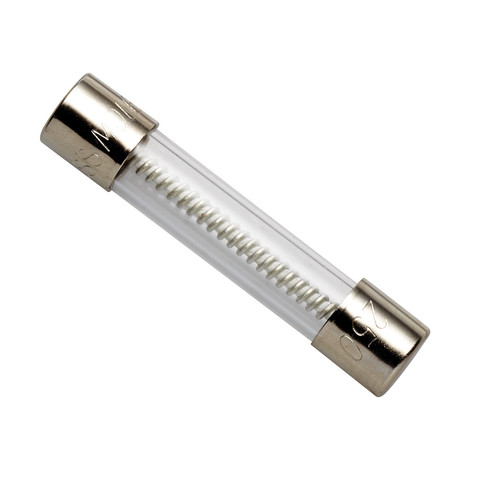From your description,Edit:
I concede that the A/C contactor is unlikelyanswer to be badthis problem depends on some specifics that are lacking.
AGC automotive fuses areIf the OP fuse is a glass cartridge style, then it is likely that a slow blow (MDL type or similar) is required in place of the fast acting automotive type. For electromagnetic loads such If the fuse is the automotive blade type as contactors or motorsMazura pointed out, then fast acting fuses are usuallyis the incorrect typeonly option for those and not acceptablethe problem lies elsewhere.
Electrical contactors do draw relatively high current until the contacts seat into the closed position, so I also have to agree that a sticky A time delay or "slow-blow" is probably required. Look at/C contactor could blow the VA rating on your transformer and divide by 24. (i.e.fuse even if it is 75VA then the maximum current would be 75/24 = 3.125 A)contactor coil is actually good. Install a fuse sized at or just below To test if the transformer rating thatcontactor is sticking, I would turn off the slow-blow variety (the type withoutdoor disconnect to the heavy or spiral filament)compressor and open the condenser access panel for inspection. A low voltage rating is not necessary Turn the thermostat to "cool" and watch the contactor pull in. A line voltage rating such as 125v or 250v If the contactor action is perfectly finesluggish, that could cause the problem.
 With power to the compressor turned off at the disconnect, this test could be performed repeatedly.
With power to the compressor turned off at the disconnect, this test could be performed repeatedly.
